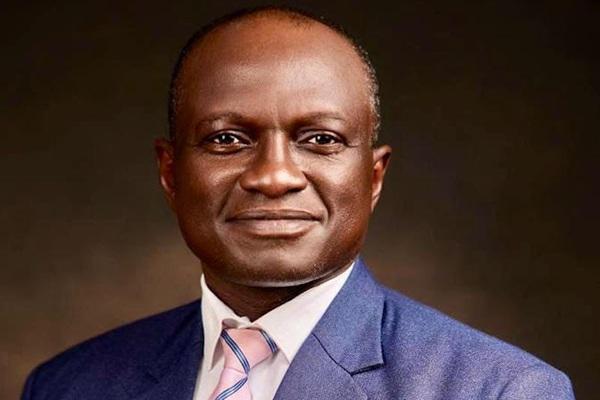The federal government, in collaboration with the United Kingdom’s National Crime Agency (NCA), is expanding the Multi-Agency Anti-Kidnap Fusion Cell across Nigerian states as part of intensified efforts to combat the growing kidnapping economy.
This was disclosed by the National Coordinator of the National Counter Terrorism Centre (NCTC), Major General Adamu Laka in the Office of the National Security Adviser (ONSA), during a press briefing in Abuja on Tuesday.
Laka said the kidnapping menace has transformed from isolated criminal acts into an organised and systematic operation run by syndicates, which use ransom payments to fund arms procurement, logistics, and territorial influence.
“The nature of kidnapping today has changed. What used to be occasional, opportunistic crimes have become systematic operations involving well-organized and well-armed criminal networks,” he said.
Read also: Anti-Nigerian protests rock Ghana over alleged killings, prostitution
“These networks, often with links to terrorist and armed groups, use kidnapping as a primary revenue stream, exploiting ransoms to fund logistics, weapons procurement, and territorial expansion. This growing criminal economy thrives on fear, and where coordination is weak.”
He explained that the objective of the expanded programme is to integrate national strategy with ground-level action in order to disrupt the structures sustaining kidnapping in Nigeria.
“The objective is to dismantle this economy by integrating national-level coordination with operational boots-on-ground action,” he said.
According to him, the Fusion Cell, since its establishment, has facilitated several rescue missions and successfully disbanded kidnapping networks across the country. With the new expansion initiative, more states are expected to benefit from real-time intelligence sharing and swift tactical responses.
Laka noted that the effectiveness of the Cell depends largely on active collaboration between national and state-level security agencies.
He said, “Too often, real-time intelligence, local knowledge, and operational readiness reside with field commands, while national coordination can only succeed when it is informed by ground realities.
“This is the primary purpose of this programme: to close the gap between national-level coordination and state-level response.
“Essentially, to build direct operational linkages between the Cell and state commands across the Country.”
He stressed that ongoing efforts have already improved inter-agency coordination and bolstered Nigeria’s capacity to respond to the evolving kidnapping threat.
“As we know, kidnapping has evolved into one of the most persistent and destabilising security threats in Nigeria,” he added.
Laka reaffirmed the government’s commitment to dismantling the kidnapping economy and securing lives and property through coordinated, intelligence-driven operations.









